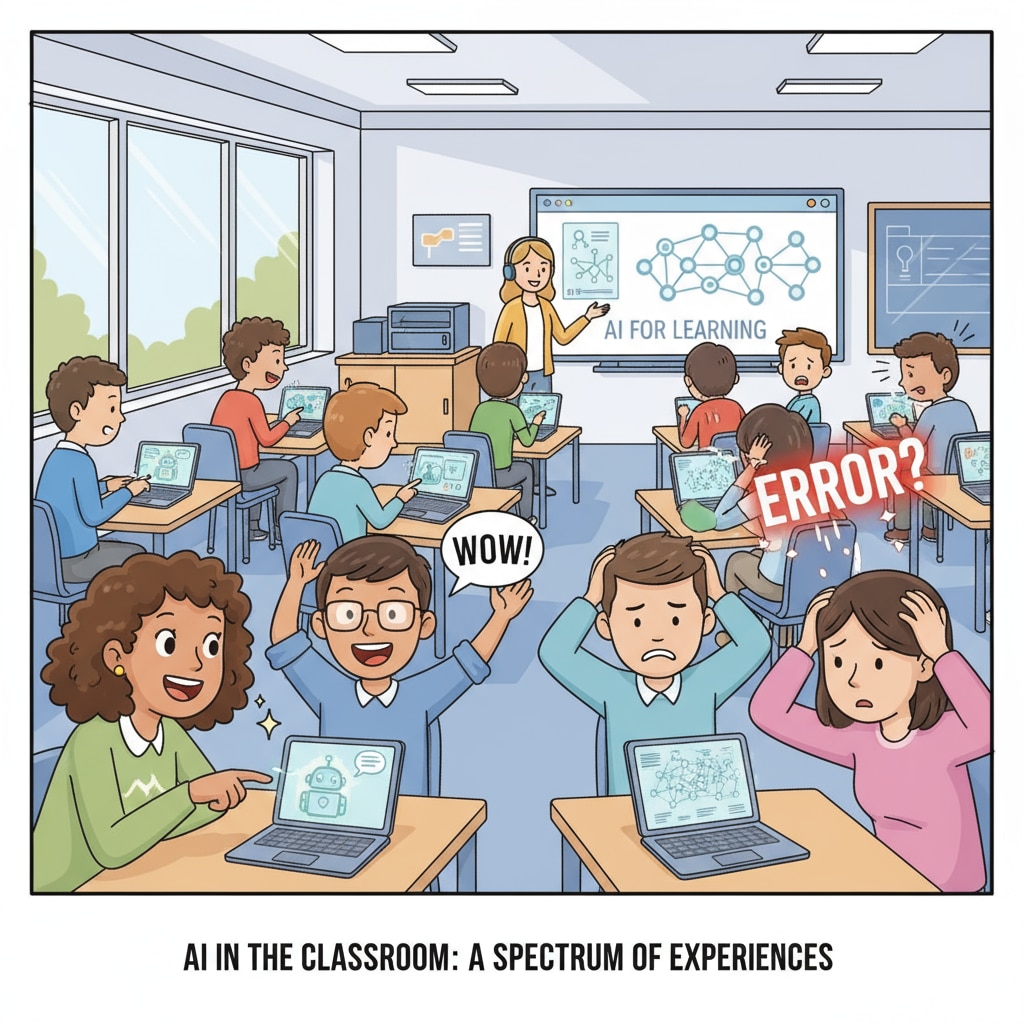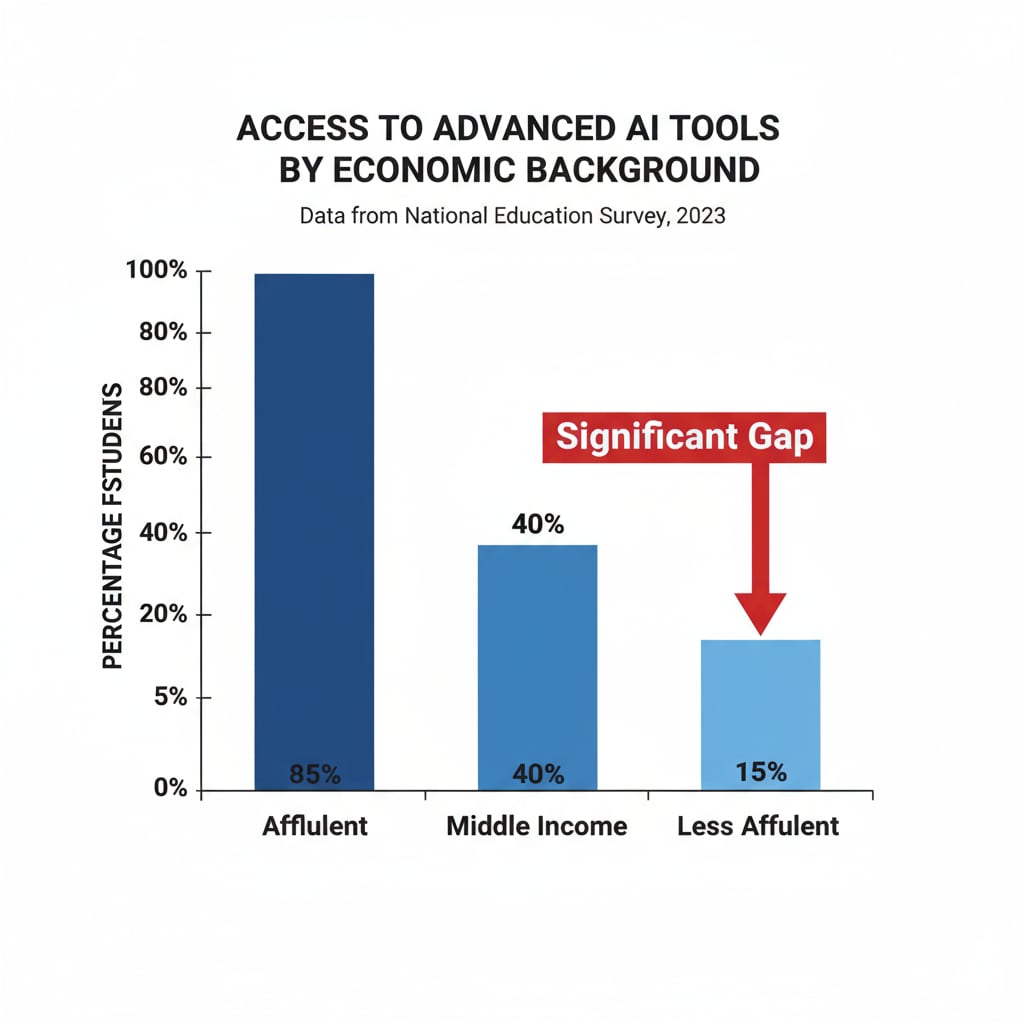In the realm of education, the rise of artificial intelligence has brought to the fore pressing issues of AI policies, academic integrity, and skill devaluation, especially in the K12 context. As AI tools become increasingly integrated into the learning environment, students, educators, and parents are navigating uncharted waters.

The Fairness Quandary in K12 with AI
The use of AI in K12 education raises significant fairness concerns. Not all students have equal access to these tools. For example, students from affluent families may have better resources to utilize AI, such as high-speed internet and advanced devices. This creates a digital divide, where some students gain an unfair advantage over others. Moreover, the quality of AI assistance can vary widely. Some students might have access to more sophisticated AI platforms, while others are limited to basic versions. According to Britannica’s education section, ensuring equal access to educational resources is crucial for a just learning environment, and the current AI landscape in K12 is falling short in this regard.

Threats to Academic Integrity
AI has also become a double-edged sword when it comes to academic integrity. With the ability of AI to generate essays, solve problems, and complete assignments, there is a growing temptation for students to cheat. Educators are now facing the challenge of discerning between work that is genuinely the student’s and that which has been generated by AI. This not only undermines the value of a student’s learning but also erodes the credibility of the educational system. As stated on Wikipedia’s page on academic integrity, maintaining honesty and authenticity in academic work is fundamental, and AI is making this task more difficult than ever.
Another aspect is the lack of clear guidelines in many schools regarding AI use. Some students may not even be aware that using AI to complete certain tasks is considered unethical. This calls for the establishment of comprehensive AI policies in K12 institutions.
Readability guidance: In this article, we have seen how the fairness and academic integrity aspects of AI in K12 education are complex. By understanding these issues, educators and parents can start to develop strategies to mitigate the negative impacts. The next step is to focus on how to preserve the value of skills in the face of AI advancements.
Preserving Skill Value in the AI Age
While AI can be a powerful tool, it is essential to preserve the development of real skills in K12 students. Skills such as critical thinking, problem-solving, and creativity are irreplaceable. Educators need to design curricula that prioritize these skills and use AI as a supplementary tool rather than a replacement. For example, instead of having students rely on AI to solve math problems, teachers can use AI to present complex problems and then guide students through the process of finding solutions independently. This way, students still develop the necessary mathematical skills.
Parents also play a crucial role. They should encourage their children to engage in hands-on learning experiences and limit excessive reliance on AI. By doing so, they can help their children build a strong foundation of skills that will serve them well in the future.
In conclusion, the integration of AI in K12 education brings both opportunities and challenges related to AI policies, academic integrity, and skill devaluation. It is up to educators, parents, and the education system as a whole to find a balance. By addressing the fairness issues, strengthening academic integrity measures, and emphasizing real skill development, we can ensure that K12 students are well-prepared for a future in an AI-driven world.


